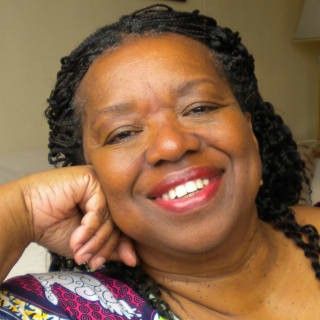
Liberia’s new government under President George Weah is not having a honeymoon with the media.
The one-time soccer star is accused of allowing the press to be muzzled. One Liberian newspaper accused of defamation is facing a $1.8 million penalty and a BBC journalist has fled the country.
The New York-based Committee to Protect Journalists has taken up the case of Front Page Africa, a crusading publication that has produced critical coverage of several governments.
“Liberia has a troubling history of libel lawsuits where applicants ask for exorbitant damages simply to harass and intimidate journalists, resulting in their imprisonment or the closure of news outlets,” said Angela Quintal, CPJ Africa program coordinator.
“The government should move swiftly to reform Liberia’s libel laws to guard against their abuse in this way,” Ms Quintal added.
The UN’s rapporteur on freedom of expression David Kaye also expressed concern over the consequences of large financial penalties in civil libel suits against Liberian journalists and newspapers.
Charges against Front Page Africa stem from a private dispute following the publication of an advertisement.
In another media drama, the BBC’s correspondent Jonathan Paye-Layleh left the country saying he feared reprisals by supporters of the president after Weah accused him of being against the President.
“My fears go beyond the possibility of the President ordering my arrest some day and formally unsealing the indictment that he has already hinted (at) by his verbal attack,” Mr. Paye-Layleh said in a message to colleagues.
In breaking news, a young journalist, camera operator and video editor for Super FM and TV, Tyron Browne, was found dead this week of unknown causes. His body was reportedly dumped at his residence at 3 a.m. by men in a black jeep.
Last March, during a visit by UN deputy Secretary-General Amina Mohammed, the journalist came to the President’s attention when he asked about setting up a court for the perpetrators of crimes committed during the 1989-2003 civil war.
A large number of figures directly implicated in the civil war still occupy important positions in the political and economic spheres in the country.
At a meeting last week, media publishers expressed “alarm” at the recent escalation of threats, intimidation and harassment of journalists, according to The Press Union of Liberia.
President Weah tried to allay the group’s fears. He denied he would use his position against the media for criticizing him.
Yet, he reminded the press group, while the media are free to write and criticize, “it is also incumbent of the media to mention the achievements of the government.”






